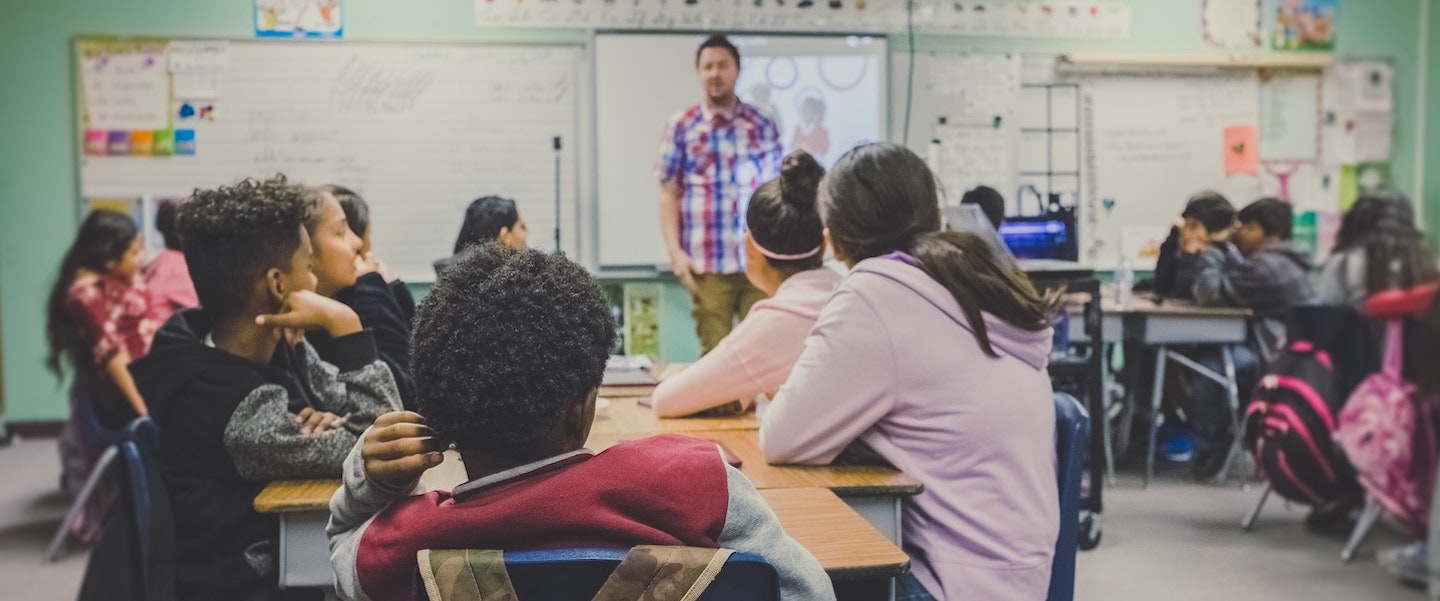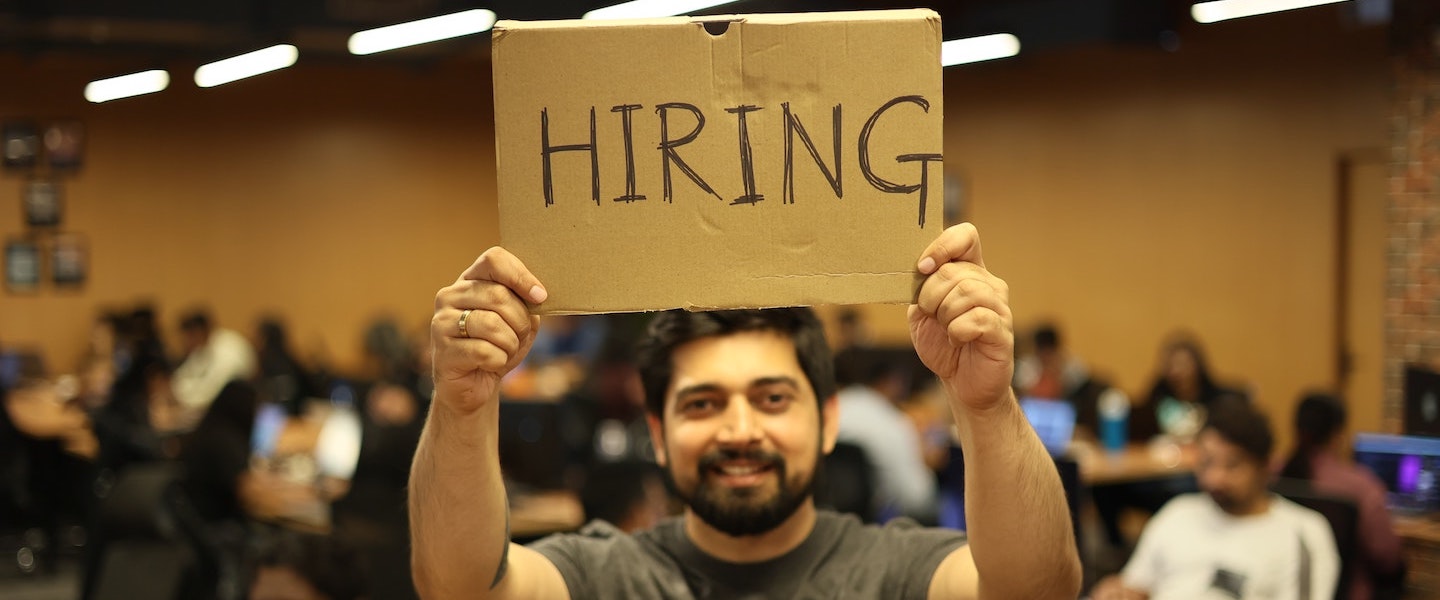
Unis must be alert to the pandemic-related international learning loss
First published on 7 November, 2002 in the Australian Financial Review
An estimated 1.6 billion school children globally faced some degree of disruption to their schooling in the two years after COVID-19 hit. For most of us in Australia and much of the developed world, the extent of the disruption is difficult to appreciate.
Melbourne’s moniker as the most locked down city in the world belies the fact that impacts on schooling there were mild by comparison to others on the global stage. Schools in Victoria were closed for about 25 weeks in total, with most students having access to some degree of remote learning. Compare that with India, where schools were fully or partially closed for 82 weeks in the two years of the pandemic and access to remote learning was limited.
India is an extreme example, but it is one of many. The extent of the disruption is astounding. The following countries faced similarly extensive periods of full or partial school closures: Nepal, 82 weeks; Colombia, 77 weeks; Indonesia, 77 weeks; Bangladesh, 77 weeks; Malaysia, 61 weeks; Philippines, 61 weeks; and Iran, 62 weeks.
Accounting for school holidays, students in both South Asia and Latin America managed to experience normal in-person schooling for less than 5% of the academic calendar in two years according to McKinsey.
These disruptions to schooling have had a catastrophic effect on learning. Keep in mind that 463 million students could not be reached by remote learning. There is a burgeoning literature on learning loss, unfinished learning, and forgotten and forgone learning. McKinsey estimates that these disruptions have resulted in learning delays of 6 months in East Asia, Middle East and North Africa, and Sub-Saharan Africa, and 12 months in Latin America and South Asia.
These initial estimates on the academic impact of the disruption of schooling are just scratching the surface. We are yet to see more systematic evidence of the impacts on the pandemic accounting for increased absenteeism, serious mental health issues, developmental and social delays, and the exacerbation of stressors on the teaching profession, including teacher shortages.
Moral and economic issue
The NSW and Victorian state governments reacted swiftly with catch-up learning programs totalling $1.2bn. With growing economic, environmental and geopolitical challenges, the global response to the learning crisis has been patchy and the World Bank warns that unless countries implement and expand catch-up programs in the coming months, “they risk losing a generation”.
A joint report by UNESCO, UNICEF and the World Bank is one of many highlighting the extent of the emerging education crisis. This is an economic issue with $17 trillion in estimated life-time earning losses from school closures. But more importantly, this is a confronting moral issue as millions of students slip back into educational poverty.
For the Australian higher education sector, we might assume for the moment that the impact of COVID-19 on domestic school students has been either limited or ameliorated through investment in catch-up programs. But we should give pause for the implications of the pandemic disruptions on the hundreds of thousands of international students we anticipate will be on our university campuses in the coming years.
Most international students come from more privileged backgrounds and may not be facing the average 6 to 12 months of learning delay. But international students are a diverse cohort with varied socio-economic and educational backgrounds. No doubt there will be many who find the transition to studying in Australia much harder than it would otherwise would have been. For the many coming directly to us from high school, it would be fair to assume that almost none have achieved their full potential.
The primary response of the higher education sector has been increased flexibility and generosity when it comes to entry requirements. This is a much riskier strategy than would first appear, because while it appropriately places less emphasis of final test scores, it does little to ensure that students have caught up on their learning.
Well-placed to assist students
When a student with unfinished learning is enrolled in a course that is no less rigorous than it was previously, and without easy access to additional academic scaffolding, social support, and mental health services, we may be setting them up for failure. The most likely results will be difficulty coping, reduced engagement, increasing dropout rates, stress on academic and teaching staff, a rise in cheating and, in the most tragic circumstances, worsening mental health.
Australian universities are in fact well-placed to assist students with catch-up learning. The support we provide international students to assist in their transition has always been significant considering the language, academic, cultural, and social adjustments involved. When it became apparent that international students required additional care and attention in the transition, Australian universities pioneered pathway colleges – there is scarcely a university without one today.
International students are an incredibly resilient and committed group. They leave the comforts and supports of home to throw themselves into a very different world — all the while going through all the formative coming of age developments that many of us went through at university. They will continue to do the same in the coming years; we just need to be alert to the fact that this next generation will need even more support to succeed.
Australian higher education has provided generations of students from all around the world with boundless opportunities. In the coming years we will need to think more carefully about how we continue to do that, and the role international education can play in addressing the learning crisis left in the wake of the Covid-19 pandemic.



